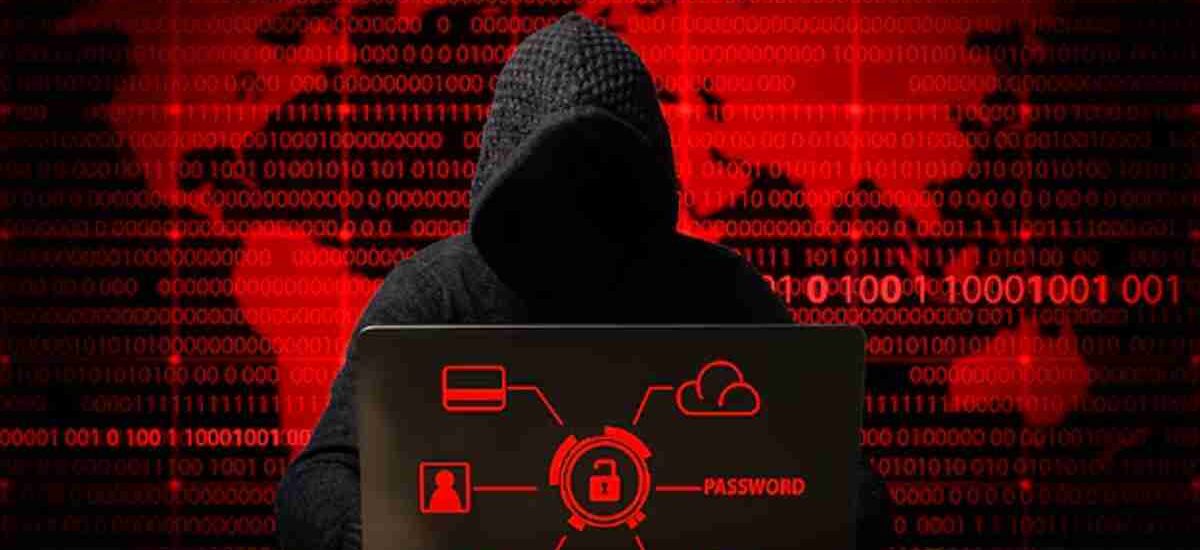Introduction
In today’s digital age, cybersecurity is more important than ever. With cyber threats evolving at an alarming rate, ethical hackers, also known as white-hat hackers, play a crucial role in securing networks, systems, and data. Ethical hacking is often romanticized as a high-tech, lucrative career, but is it really easy to become an ethical hacker?
This blog will dive deep into the journey of becoming an ethical hacker, the challenges involved, required skills, certifications, and career opportunities. If you’re considering a career in ethical hacking, this guide will help you understand what it takes to succeed in this field.
What is Ethical Hacking?
Ethical hacking is the practice of testing IT infrastructure to identify and fix security vulnerabilities before malicious hackers can exploit them. Ethical hackers use the same tools and techniques as cybercriminals but with legal permission and a focus on strengthening security.
Skills Required to Become an Ethical Hacker
Ethical hacking is not just about knowing how to break into systems; it requires a deep understanding of various technical and non-technical skills. Some key skills include:
1. Networking Knowledge
- Understanding TCP/IP, DNS, VPNs, and firewalls.
- Familiarity with network security concepts such as intrusion detection and prevention.
2. Programming and Scripting
- Basic to advanced knowledge of languages like Python, JavaScript, C, C++, and Bash.
- Scripting skills for automation and penetration testing.
3. Operating Systems
- Proficiency in Linux distributions (Kali Linux, Parrot OS) and Windows security features.
- Command-line expertise.
4. Penetration Testing & Exploitation Techniques
- Web application security testing.
- Vulnerability assessment and exploitation using tools like Metasploit, Burp Suite, and Nmap.
5. Cryptography & Encryption
- Understanding of encryption algorithms, SSL/TLS, and data protection methods.
6. Problem-Solving Mindset
- Ethical hacking requires analytical thinking and creativity to find security flaws that others might overlook.
How to Start Your Ethical Hacking Journey
If you’re starting from scratch, follow these steps to enter the field:
Step 1: Learn the Basics of Networking and Security
- Start with courses on networking (CCNA, Network+).
- Gain knowledge of cybersecurity fundamentals through platforms like Cybrary, Udemy, or Coursera.
Step 2: Get Hands-On with Linux and Command Line
- Install and use Kali Linux.
- Learn basic Linux commands and security configurations.
Step 3: Learn Programming and Scripting
- Begin with Python for writing exploits and automating tasks.
- Learn JavaScript and SQL to understand web security.
Step 4: Study Cybersecurity Concepts and Tools
- Familiarize yourself with penetration testing methodologies.
- Experiment with tools like Wireshark, Metasploit, and Aircrack-ng.
Step 5: Get Certified
- Some top certifications for ethical hackers include:
- Certified Ethical Hacker (CEH) – Covers penetration testing basics.
- Offensive Security Certified Professional (OSCP) – Hands-on penetration testing.
- CompTIA Security+ – A beginner-friendly security certification.
Step 6: Practice, Practice, Practice
- Participate in bug bounty programs (HackerOne, Bugcrowd).
- Join CTF (Capture the Flag) competitions to enhance practical skills.
- Set up your own ethical hacking lab using VirtualBox and test your skills.
Step 7: Gain Real-World Experience
- Work on freelance projects or internships.
- Contribute to open-source security projects.
- Stay updated with cybersecurity trends through blogs, forums, and research papers.
Challenges in Becoming an Ethical Hacker
While ethical hacking is rewarding, it’s not an easy path. Some challenges you might face include:
1. Steep Learning Curve
- Cybersecurity is vast, requiring continuous learning.
- New vulnerabilities and exploits emerge daily, requiring constant upskilling.
2. Legal and Ethical Boundaries
- Ethical hackers must always work within legal limits.
- Unauthorized hacking is a crime and can lead to severe consequences.
3. High Competition
- Ethical hacking is a competitive field with thousands of aspiring professionals.
- Standing out requires advanced skills, certifications, and experience.
4. Hands-On Experience is Crucial
- Theory alone won’t make you a hacker; practical experience is essential.
- Many job roles demand real-world penetration testing experience.
Career Opportunities in Ethical Hacking
Once you’ve built your skills and gained experience, multiple career paths open up:
1. Penetration Tester
- Simulates cyberattacks to identify vulnerabilities.
- Works with organizations to strengthen security.
2. Security Analyst
- Monitors security threats and analyzes vulnerabilities.
- Develops security policies and response strategies.
3. Security Consultant
- Advises companies on improving cybersecurity.
- Conducts risk assessments and audits.
4. Bug Bounty Hunter
- Finds and reports security flaws in web applications.
- Earns rewards from companies through responsible disclosure.
5. Cybersecurity Researcher
- Conducts research on new hacking techniques and defenses.
- Publishes findings to help advance cybersecurity knowledge.
Final Verdict: Is It Easy to Become an Ethical Hacker?
The short answer is: No, it’s not easy. Ethical hacking requires a combination of technical expertise, problem-solving skills, and continuous learning. However, if you have a passion for cybersecurity and are willing to put in the effort, ethical hacking can be a highly rewarding and exciting career.
Key Takeaways:
- Ethical hacking requires deep knowledge of networking, programming, and security tools.
- Certifications like CEH, OSCP, and Security+ can help establish credibility.
- Hands-on experience is crucial—participate in CTFs, bug bounties, and internships.
- The field is challenging but offers lucrative career opportunities for dedicated professionals.
So, if you’re ready to embrace the challenge and commit to continuous learning, ethical hacking might just be the perfect career for you!
FAQs
Q1: How long does it take to become an ethical hacker?
Depending on your background, it can take anywhere from 6 months to 2 years to become proficient.
Q2: Do I need a degree to become an ethical hacker?
A degree is helpful but not mandatory. Certifications and hands-on experience matter more.
Q3: Is ethical hacking legal?
AYes, as long as you have proper authorization from the system owner.
Q4: Can I learn ethical hacking for free?
Yes! Many resources like Cybrary, Hack The Box, and TryHackMe offer free ethical hacking courses.
Q5: What’s the salary of an ethical hacker?
Salaries vary by location and experience, but ethical hackers can earn anywhere from $50,000 to over $150,000 per year.
Are you ready to start your journey in ethical hacking? Let us know in the comments below!






